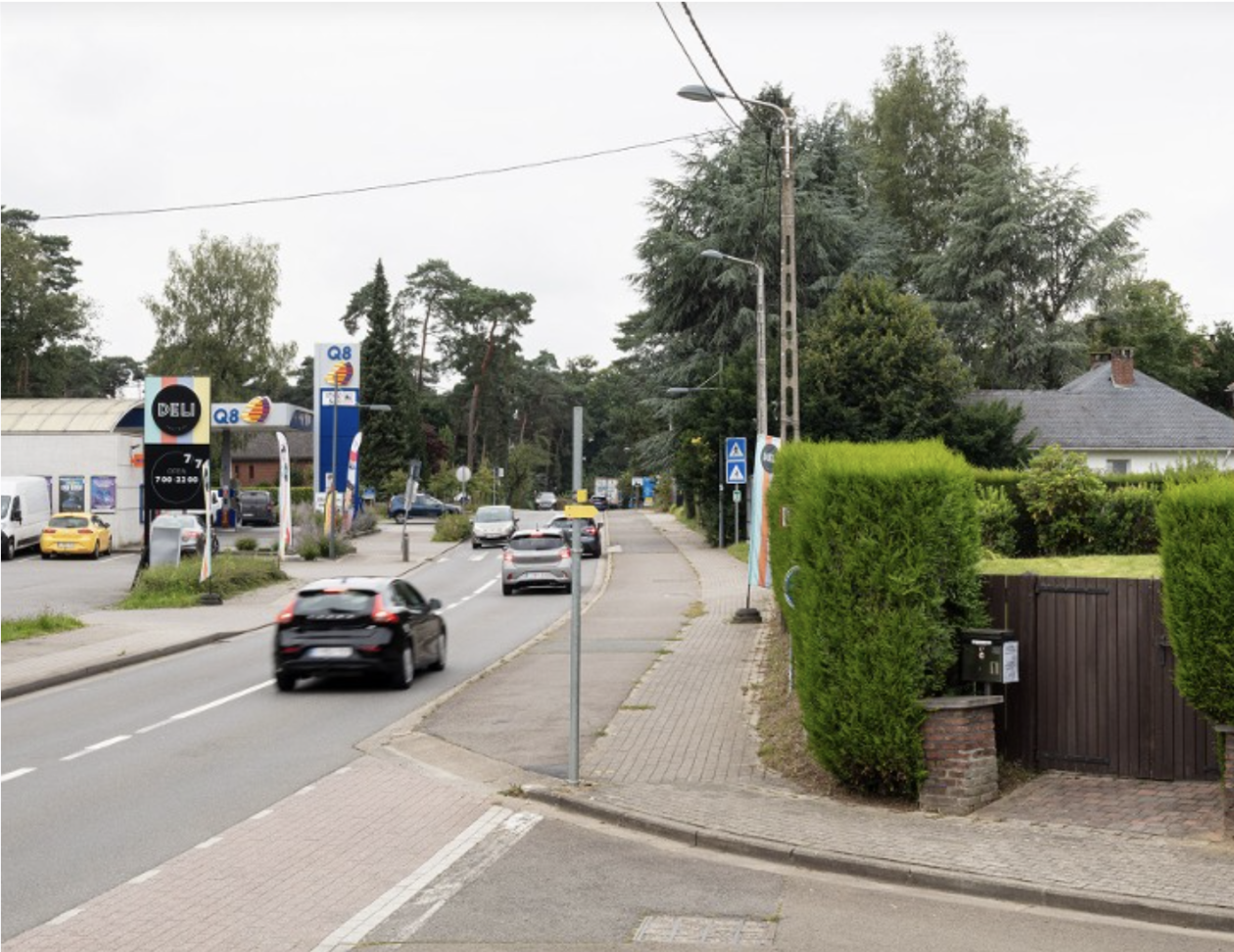Séminaire 'EXPLORING THE PERIPHERY. Towards a project for suburbia'
Belgium was once seen as a "Banlieue Radieuse" an allegory coined by Marcel Smets (1986). Rooted namely in ideals of collective living drawn from the garden city movement, Belgium’s urbanization was initially shaped by workers' housing cooperatives, employer-sponsored housing, and social housing throughout the 19th and 20th centuries. However, the ensuing urban development diverged from the utopian aspirations that inspired it—such as community, shared land management, neighbourly relations, and solidarity.
Today, a significant portion of the built environment in Wallonia, Belgium, and Europe more broadly, appears as ordinary suburban landscapes where welfare is associated with individual housing and private ownership. These sprawling suburban areas, filled with detached "four-facade villas," resemble vast carpets that obscure historical layouts, envelop historic centres, or conceal the natural landscape. This "suburbia," or these "peripheral spaces," emerged primarily in the post-war era and now form a substantial part of the built environment.
Yet, these areas are not immune to the current climate and societal crises, which urgently challenge the modes of urbanization and housing production characteristic of suburbia.
Can these peripheral spaces transform into a model of urban development that embraces transition and envisions a contemporary form of utopia?
Conférenciers :
- Stefan Devoldere (Doyen FAA UHasselt)
- Oswald Devisch (Professeur associé FAA UHasselt)
Organisateur : Guilaume Vanneste (Chargé d'atelier d'architecture, URA)
Boulevard de la Constitution, 41 4000 Liège
4000 Liège
Belgium
Séminaire en anglais
Plus d'infos
